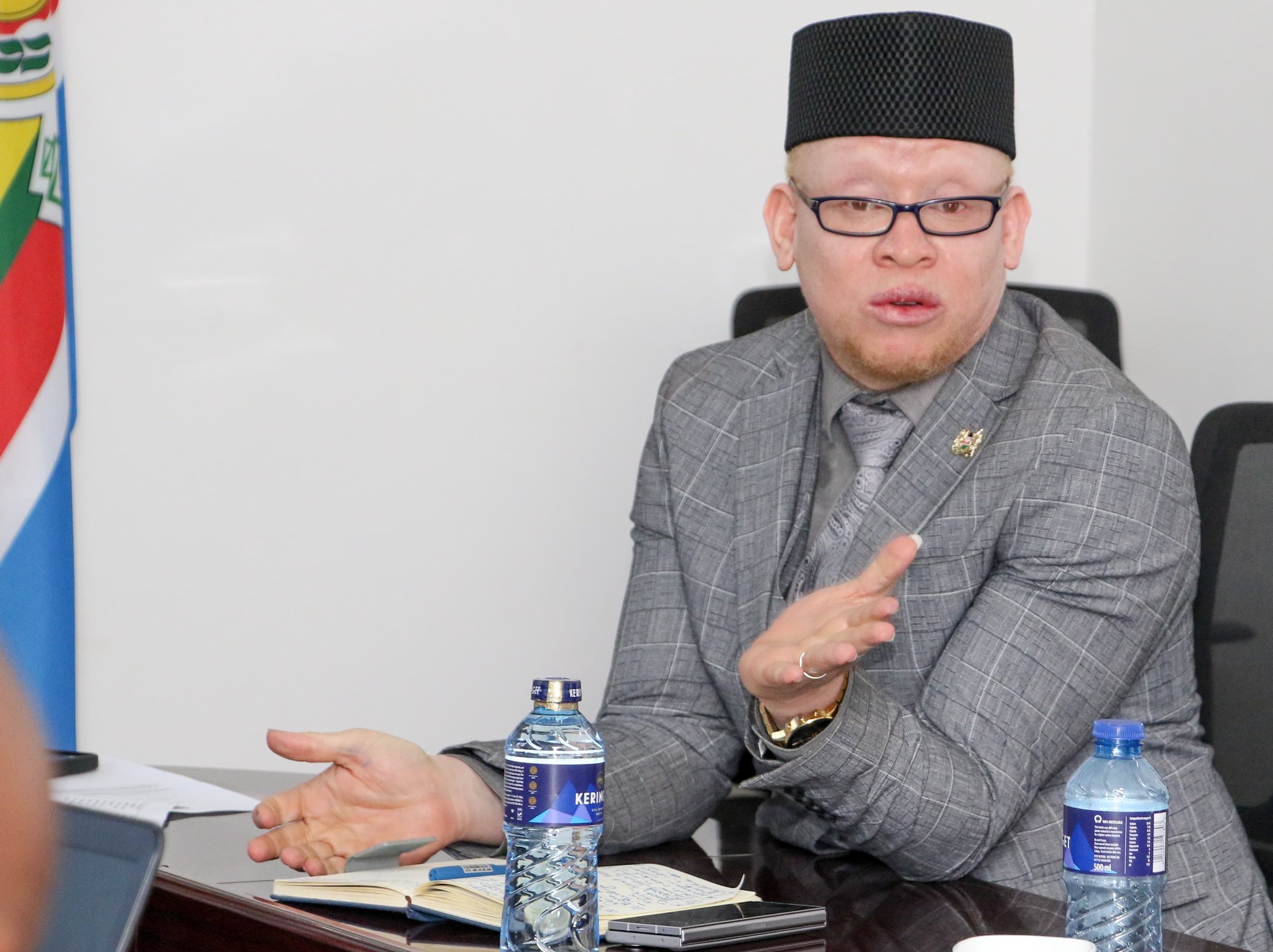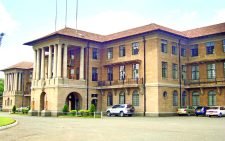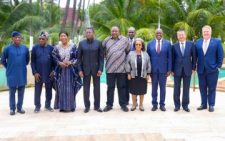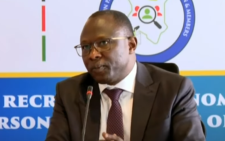State to link producers and buyers
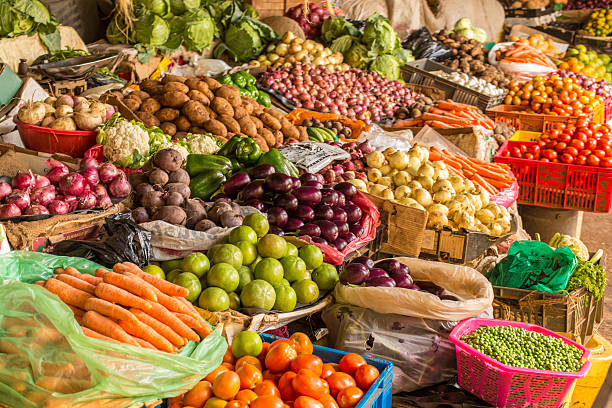
The government is banking on the Kenya National Multi Commodities Exchange (KOMEX) to ease market inefficiencies and information asymmetry affecting markets locally.
This move is meant to facilitate safe, simplified, secure and structured trade in both agricultural and non-agricultural commodities.
Leveraging KOMEX, Trade and Industry Cabinet secretary Moses Kuria said the government will link commodity producers and buyers through an integrated electronic platform where they can trade in commodities and derivatives backed by the Warehouse Receipt System (WRS).
Warehouse receipts
The system wll be managed by the Warehouse Receipt System Council (WRSC), a State Agency under his ministry that is mandated to regulate the certification of commodity warehouses, warehouse operators and issuance of Warehouse Receipts.
“Once operational, KOMEX will also facilitate trade support in the areas of finance, insurance, aggregation, quality assurance, packaging and warehousing and transport logistics,” Kuria said.
The move will also improve access to quality commodities, reduction of post-harvest losses, increased producer incomes, youth and women employment, access to accurate market information and stabilization of commodity markets.
Speaking at the opening ceremony of the 12th edition of this year’s Connected Summit in Diani, Kuria said the digital economy continues to become a very important player in driving economic growth and development in Kenya.
The CS said the project will ensure ordinary farmers and commodity traders, who are at the base of the economic pyramid, get equal access to market information and markets like the more established players in the economy.
To facilitate movement of goods, Kuria said the National Single Window platform has been enlarged to include more regulators and reduced the number of institutions at the port.
“This, coupled with the Customs Management System, enables importers to start the clearing process of their goods even before they arrive at the port of destination,” Kuria said.
The Ministry is also in the process of reviewing the Special Economic Zones legislation to make it more attractive for innovative companies to set up shop in Kenya in various activities including Business Process Outsourcing.
According to Kuria, his ministry is also facilitating businesses to access business intelligence, reach more customers, cut costs, and in turn grow the economy. In the process, we are setting Kenya on a path towards being globally competitive in investments, trade and industry.


